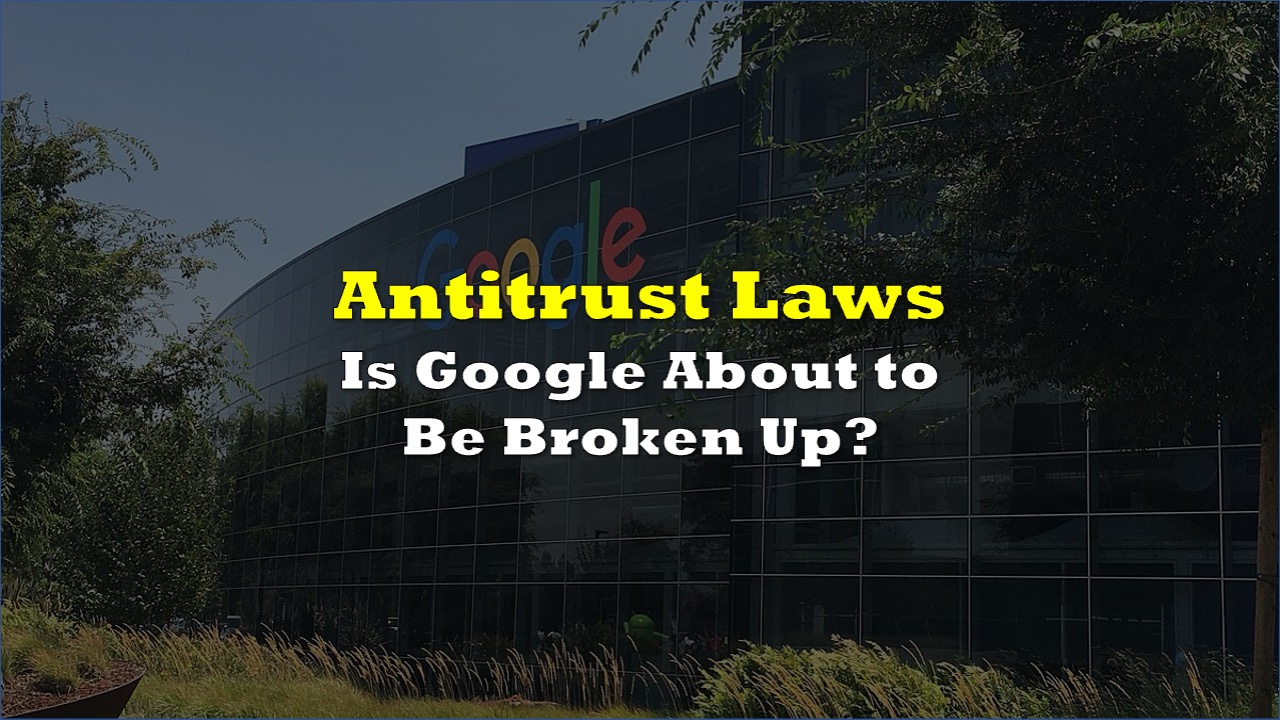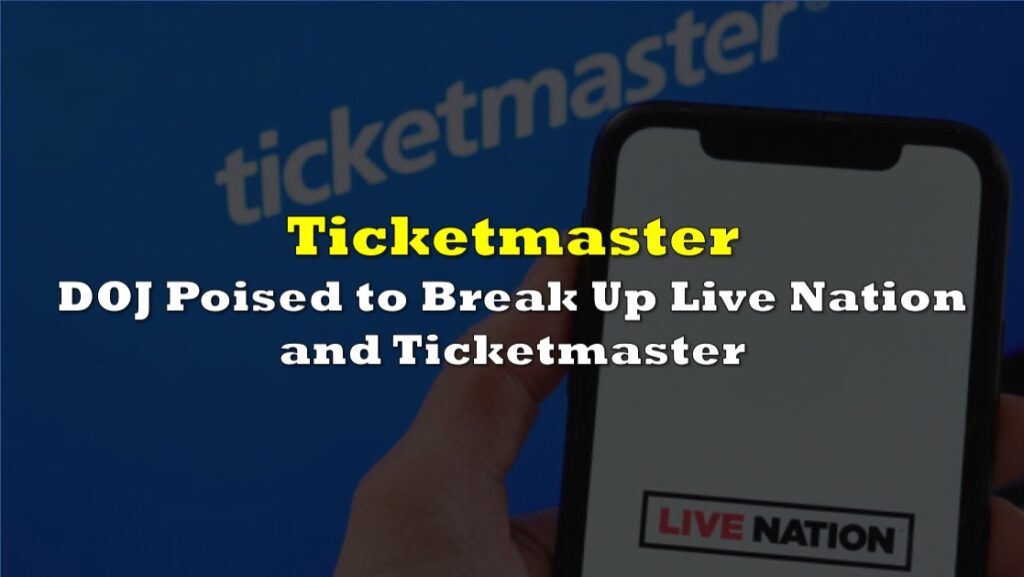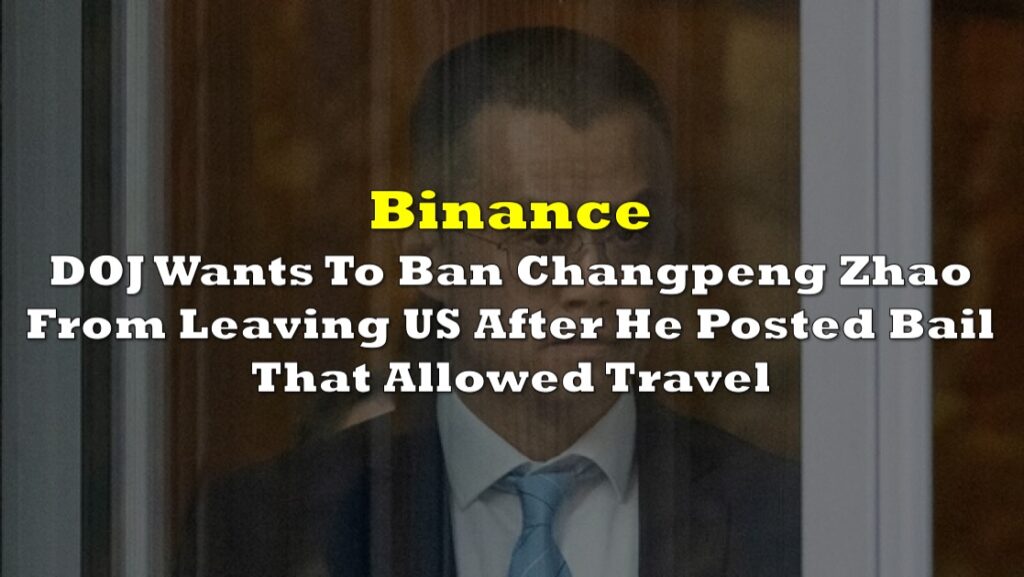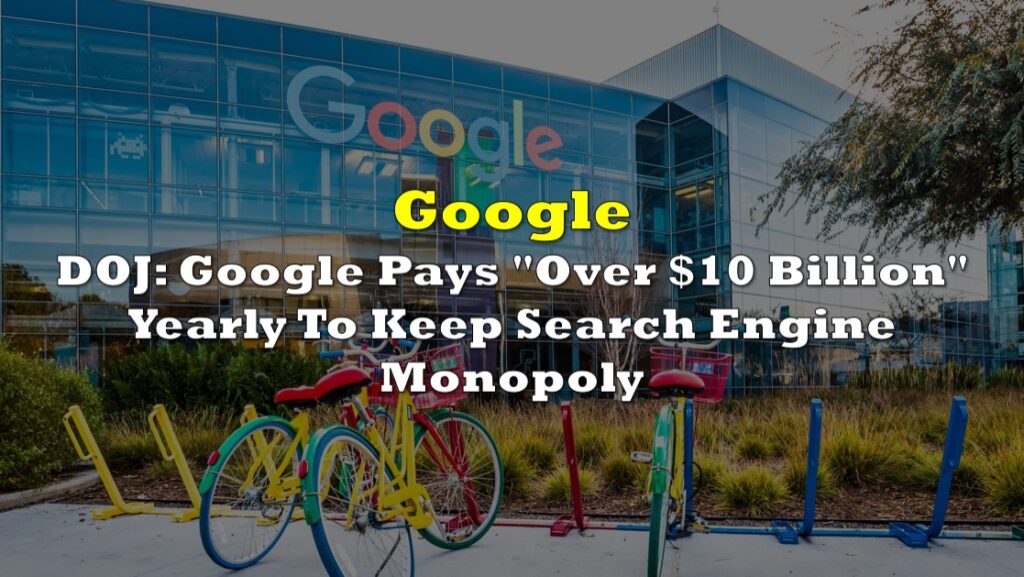The US Justice Department is contemplating a historic move to break up Google (NASDAQ: GOOGL), one of the world’s largest tech companies, as part of an ongoing antitrust case. This development comes after Judge Amit Mehta ruled earlier this year that Google violated antitrust laws in both online search and search text ads markets.
In a court filing filed on Tuesday, the Justice Department outlined potential remedies to address Google’s market dominance. These include forcing the company to sell off parts of its business and providing access to the underlying data used in building search results and AI products.
The agency is specifically looking at how Google might be using products like Chrome, Play, and Android to advantage its search and search-related offerings.
The case represents the most significant attempt to curb tech monopolies since the unsuccessful effort to break up Microsoft two decades ago. It’s part of a broader crackdown on Big Tech, with recent actions taken against Apple, Microsoft, and Amazon.
Google’s parent company, Alphabet Inc., saw its shares fall by 1.6% following the news. The company has criticized the Justice Department’s proposals as “radical,” arguing they exceed the legal scope of the court’s decision and could have unintended consequences for consumers, businesses, and American competitiveness.
The Justice Department is also considering other measures, such as allowing websites more control over opting out of Google’s AI products, providing advertisers with more information about ad placements, and restricting Google from investing in search competitors.
This US case parallels similar concerns in the European Union, where competition chief Margrethe Vestager has suggested that divestiture might be the only way to address Google’s preferential treatment of its own services.
A final decision on remedies is expected by August 2025, following a two-week hearing scheduled for April. Google plans to appeal Judge Mehta’s initial ruling once the remedies are finalized.
Information for this story was found via Bloomberg, and the sources and companies mentioned. The author has no securities or affiliations related to the organizations discussed. Not a recommendation to buy or sell. Always do additional research and consult a professional before purchasing a security. The author holds no licenses.
















